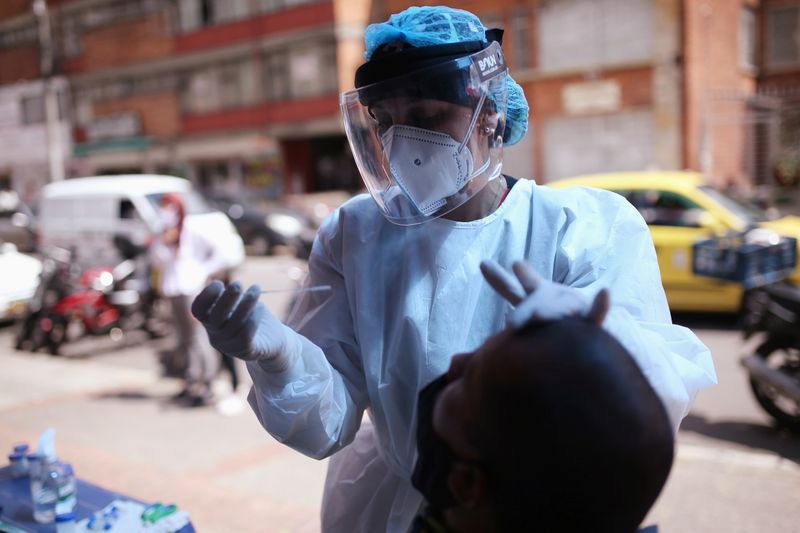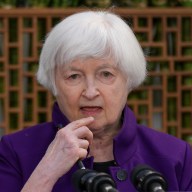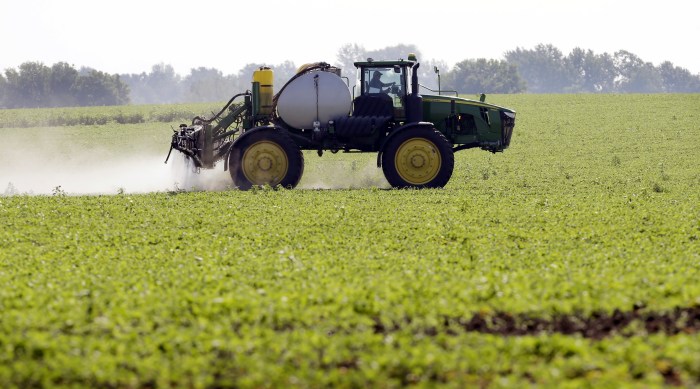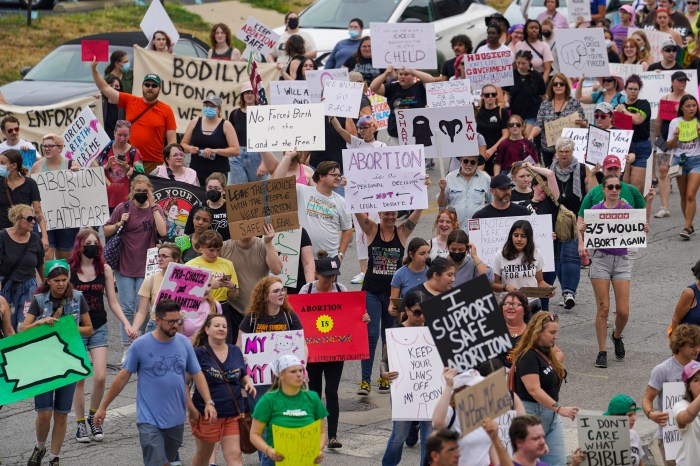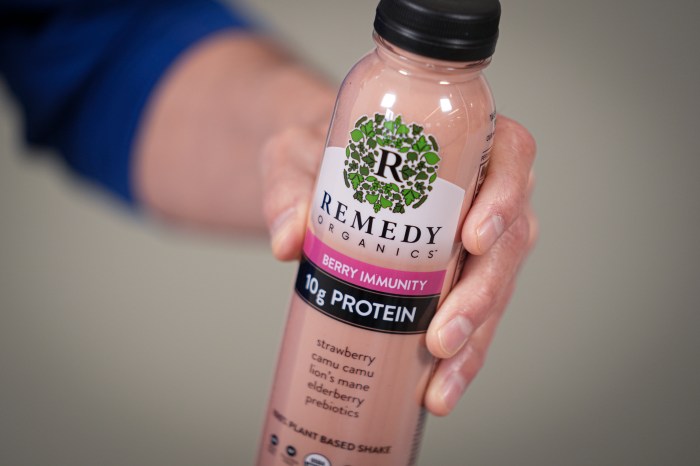BOGOTA (Reuters) – Colombia’s capital Bogota will implement strict two-week quarantines in three neighborhoods beginning Tuesday to try and control a second wave of coronavirus, the mayor’s office said on Sunday.
Home to a combined 2.7 million people, Bogota’s neighborhoods of Usaquen, Suba, and Engativa will enter strict quarantines with restrictions on movement and the shuttering of non-essential retail, as well as restaurants and bars, until Jan. 18, the mayor’s office said.
“We’re taking action due to the accelerated increase in the occupancy of COVID intensive care units that we have seen in the last 48 hours,” acting Mayor of Bogota Luis Ernesto Gomez said in a press conference.
The sale of alcoholic drinks in these three neighborhoods will also be banned on weekends during the quarantine period, the mayor’s office added.
The Andean country will also ask air passengers to present negative PCR tests taken no more than 96 hours before boarding, according to a resolution signed by Health Minister Fernando Ruiz.
If passengers cannot take a test prior to traveling they must take one in Colombia and quarantine for two weeks, which can end early if the test is negative.
The country has reported almost 1.7 million cases of coronavirus and just under 44,000 deaths from COVID-19.
In Bogota occupancy of intensive care units (ICUs) stands at 82.8%, according to local government figures. Some 76.5% of ICUs available for COVID-19 cases are also occupied.
Just one person per household will be allowed out to buy food or medicine in the quarantined neighborhoods, Gomez said, although there will be exceptions for those working in the health, security, public services, and food sectors.
People returning to Bogota from other parts of Colombia following the holiday period must isolate for at least one week, Gomez added, while limits to when people can shop or visit banks based on their national identity number will continue across the city.
(Reporting by Luis Jaime Acosta; Additional reporting and writing by Oliver Griffin; Editing by Chris Reese)

